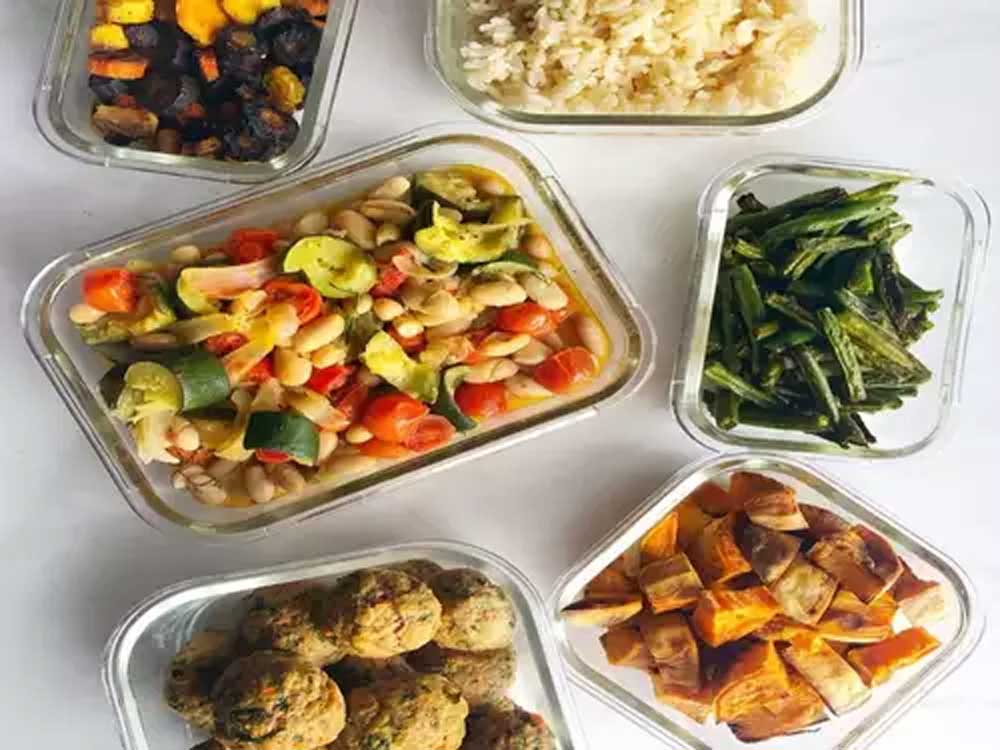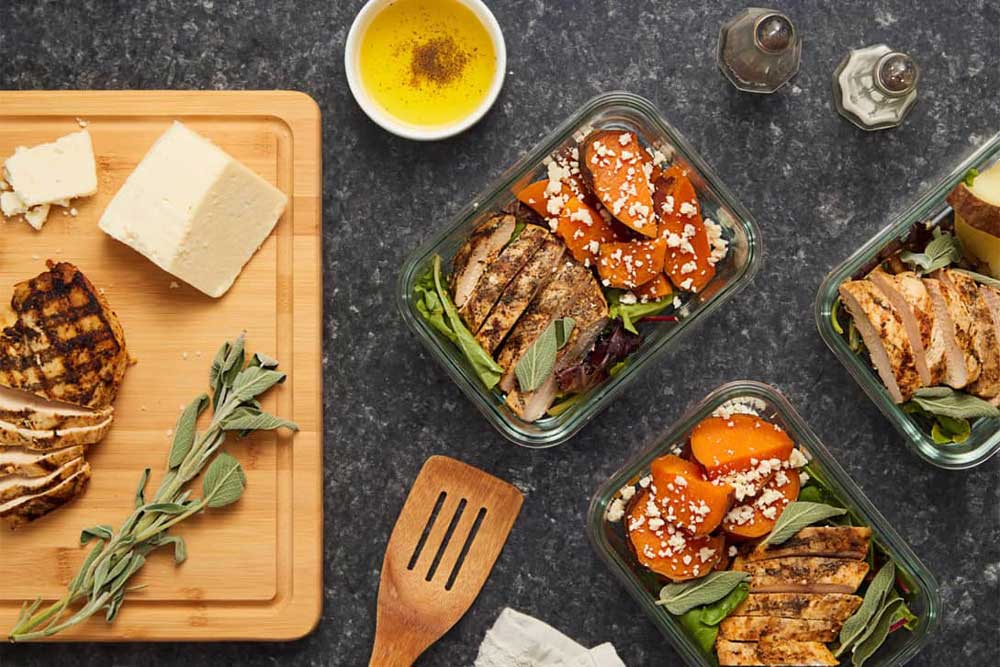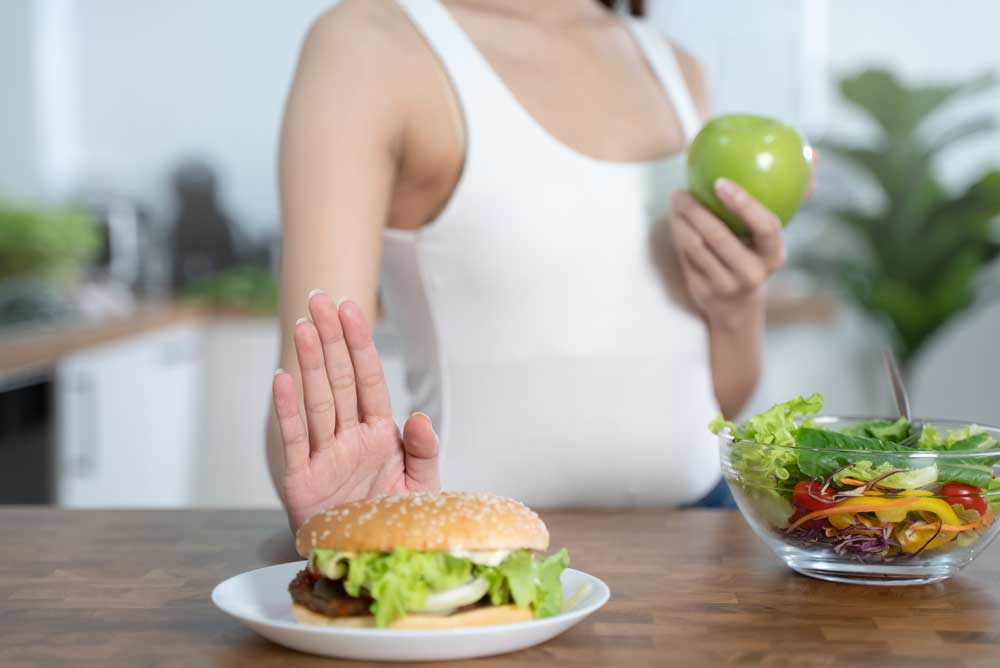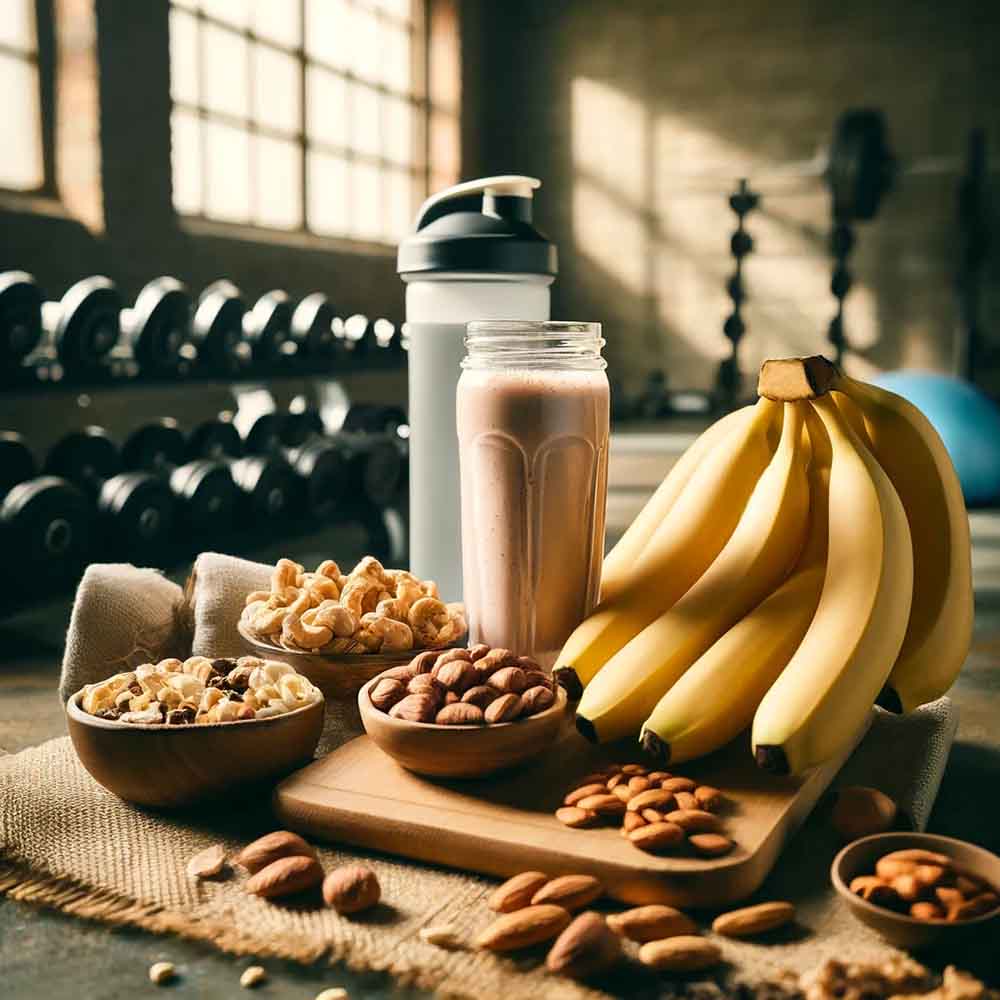The foods consumed before your workout play a pivotal role in fuelling your body for optimal performance and aiding in recovery afterwards. In India, the wide variety of locally available and nutrient-dense options makes it easier to plan a balanced pre-workout meal or snack.
Pre-workout nutrition primarily focuses on providing the body with energy through carbohydrates, supporting muscle recovery with protein, and ensuring proper hydration. The timing and composition of the meals are equally crucial. Eating the wrong types of foods or consuming them too close to a workout can lead to digestive discomfort or sluggishness.
Clinical Nutritionist, Dr Alka Walavalkar helps weighs in on what to eat and avoid before a workout session, so you can exercise better without falling short on nutrition.

Don’t Run Away From Carbs
Carbohydrates are the body’s primary source of energy during exercise. They are stored in the muscles and liver as glycogen, which is utilised during workouts. Foods rich in carbohydrates are essential to keep energy levels high. In the Indian context, options such as a medium-sized banana (roughly 100 grams), half a roti (20 grams of wheat flour), or a small bowl of poha (30–50 grams) are excellent choices! These are light, easy to digest, and provide a steady release of energy. For morning workouts, having a small banana or a slice of whole-grain bread with honey (one teaspoon or 5 grams) can be a quick, effective energy booster.

Protein, The Beloved
Protein, while not the primary energy source, is essential for muscle repair and recovery. Including a small portion of protein in your pre-workout meal helps reduce muscle breakdown and promotes recovery. In Indian diets, options like a boiled egg, 50 grams of paneer, or a cup (200 ml) of skim milk work well. Combining carbohydrates with protein ensures a balanced energy supply and supports muscle maintenance. For example, a light snack comprising 50 grams of paneer along with a small portion of roti (20 grams of flour) or a banana with a glass of milk can be ideal before strength training sessions.

Save Fats And Fibre For Later
Avoiding foods high in fat and fibre is critical in pre-workout nutrition. While fats are a vital part of a healthy diet, they take longer to digest and may cause discomfort during exercise. Similarly, high-fibre foods like raw vegetables, lentils, or legumes, if consumed just before a workout, can lead to bloating or cramps. If you’re opting for dal or sprouts, ensure they are cooked well and eaten at least 2 to 3 hours before your workout session.

Always Hydrate
Hydration is often overlooked during pre-workout preparation. Dehydration can significantly impair performance and lead to fatigue. Drink a glass of water (200–250 ml) about 30 minutes before workout. For those engaging in intense or prolonged workouts, consider adding a pinch of rock salt or sugar to your water to replenish electrolytes, especially in hot and humid climates.
Timing Is Key
The timing of your pre-workout meal is equally crucial. A balanced meal that includes carbohydrates, protein, and a small amount of healthy fats should ideally be consumed 2 to 3 hours before a workout. For instance, a typical Indian pre-workout meal could be one medium-sized chapati (30 grams of wheat flour) with 50 grams of paneer or curd (100 ml) and a side of cooked vegetables (100 grams). This combination provides sustained energy and supports muscle function. However, if time is limited and the workout is less than an hour away, a lighter snack, such as a banana or a handful of roasted chana (20 grams), is more appropriate.
For morning workouts, when there isn’t much time small, easily digestible snacks work best. Options include a glass of coconut water (200 ml), a few dates (20 grams), or a piece of jaggery (10 grams). These provide quick energy without causing an overly full feeling. Pairing this with a protein rich food such as 100 ml of milk or a spoonful of curd (25 grams), can further enhance the nutritional value of the snack.

Different Types Of Workouts, Different Nutritional Strategies
For endurance activities such as running or cycling, focus on higher carbohydrate intake to sustain energy levels. A pre-workout meal for such activities could include a small bowl of daliya (40 grams of broken wheat) cooked with a little jaggery (10 grams). For strength training or weightlifting, combining carbs and protein is essential. A boiled egg with a slice of whole-grain bread (25 grams) or a small portion of khichdi (50 grams rice and 25 grams dal) can be effective.
Individual preferences and tolerances must also be considered. Not everyone digests food the same way, so experimenting with different meals and snacks is essential to determine what works best for you. For instance, some people may prefer eating bananas while some might prefer coconut water or dates. Tailor your choices based on how your body’s responses and your workout intensity.
Post-Workout Nutrition
What you eat post a good workout session is equally important, particularly if you have skipped a substantial meal before exercising. After a workout, the body needs to replenish glycogen stores and repair muscle tissue. A balanced meal containing carbs and protein, such as a small bowl of curd rice (100 grams cooked rice and 50 ml curd) or a chapati with a dal curry (30 grams dal), can aid in recovery.

Pre-workout supplements are becoming increasingly popular, but they should be used cautiously. Ingredients like caffeine or branched-chain amino acids (BCAAs) can enhance performance, but they are not always necessary if your diet is well-balanced. Consult a healthcare professional before incorporating supplements into your routine. In most cases, natural food sources provide all the necessary nutrients for effective workouts.
Proper planning of pre-workout nutrition helps ensure you get the most out of your exercise sessions while minimising the risk of fatigue or discomfort. In the Indian context, there is a rich variety of nutritious, easily accessible, and affordable foods that can be incorporated into your diet. Whether it’s a simple banana and milk combo, a bowl of poha, or daliya with jaggery, the key is to strike a balance between carbohydrates, protein, and hydration. This approach not only supports immediate performance but also promotes long-term fitness and recovery.
Image source: TOI, Nike, Elkshape, Google